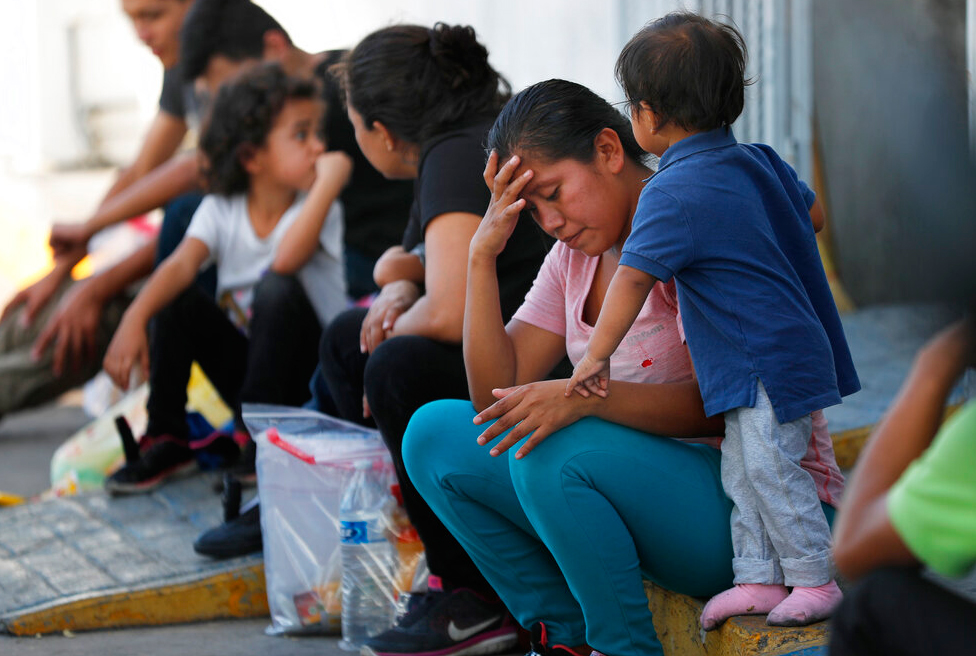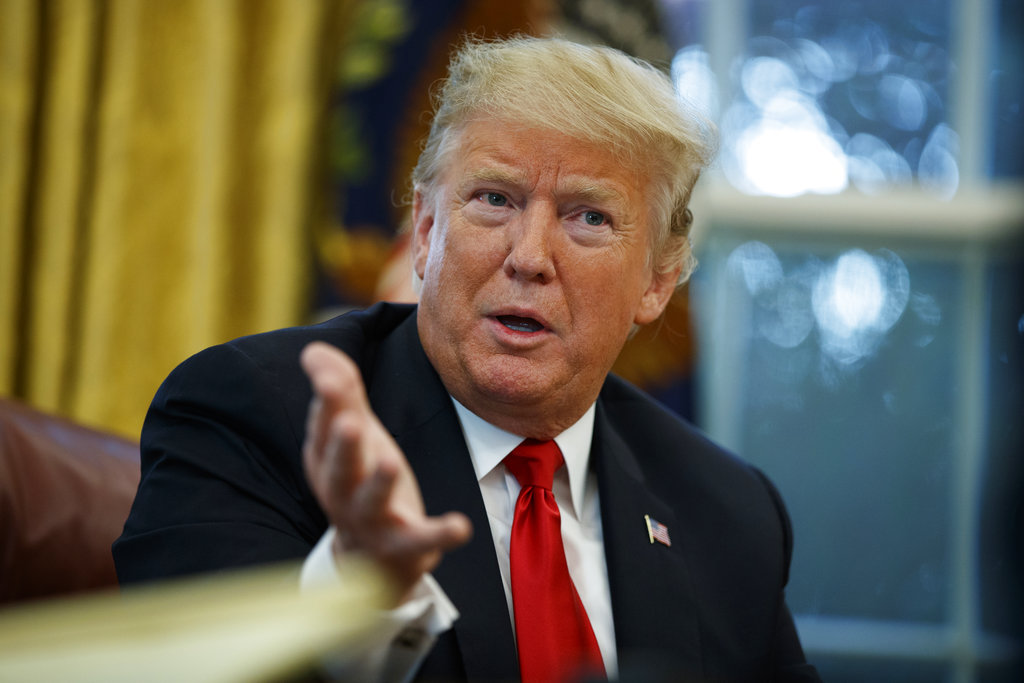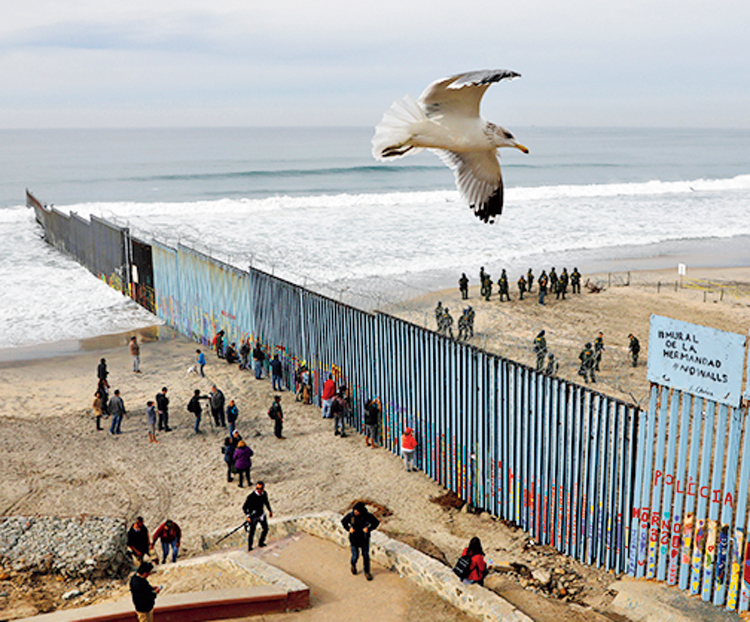The prehistoric Homo sapiens spread out from their source to all continents, braving unimaginable odds, and created the possibility of humans becoming avant-garde in the process of the evolution of Life. Had they not risked their lives and moved out, we would not have been who, where and what we are today. Their original migration and all subsequent migrations stretching over thousands of years have been at the heart of the human advent. It was but natural that at the dawn of history known to us, the memories of those long migrations and what humans had learnt from them formed their universe of knowledge. Whether it is the Ramayana for India or the Odyssey for Greece, epics normally mark the inauguration of great civilizations. As their generic hallmark, epics present heroic stories of great migrations. Throughout known history, migrations have spurred, aided and advanced ideas, knowledge-stock, culture and the horizons of human thought.
During the relatively recent history of the last five hundred years, it was the phenomenon of migration that brought people and nations to the threshold of modernity. In post-industrial societies, outward migration has been a significant factor contributing to economic transitions as well as political trends. The colonial era resulted in an unprecedented transformation in the very nature of self-perception of the traditional communities in several continents and the way they aspired to organize themselves as political entities. Large-scale migrations from Europe to Australia and North America contributed to those historical developments. Almost as a nemesis of colonial history, throughout the 20th century, the migrations from Africa, Asia and East Europe to the Western world attained an unprecedented scale.
The United Nations compiles a report on migration every two years. The last report was put out in 2017. It records that approximately 258 million persons now live outside their country of birth. Nearly three-quarters of all international migrants are of working age. The high-income countries hosted 64 per cent, or nearly 165 million, of the total number of international migrants worldwide. It should interest us to know that Indians are at the top of the international migration chart. There are 16 million Indians living outside India, described as diaspora. Next in number come the Mexicans (12 million). Other countries with large diasporas included the Russian Federation (11 million), China (10 million), Bangladesh (seven million), and Pakistan and Ukraine (six million each). Every Indian knows that the aspiration to go out of India for education and work is seen by general consent as a positive trait. The UN report confines itself to international migration alone. Within India, if we were to take into consideration the inter-state and inter-lingual migrations, the magnitude would be much higher. Taken together, probably, more than half of the Indian population is migratory today. Historically, migration has quickened the human advent and contributed to the global cultural diversity. However, since implicit in it is a challenge to the idea of nation, the nation state does not take kindly to it.
In the United States of America, the Donald Trump administration put in place in last month (August 2019) a regulation to allow the authorities to indefinitely detain migrant families who illegally cross the border. The regulation replaced an older court agreement known as the Flores settlement that had provisions for limiting the duration for which migrant children could be detained. The Trump administration had been averse to the idea of continuing the provision. The new regulation sends out a chilling message to the families attempting to migrate and the rest of the world. Trump said, in a sentence that not just the Spanish speakers but also the English speakers may have difficulty in fully comprehending, “one of the things that will happen, when they realize the borders are closing, the wall is being built. We’re building tremendous numbers of miles of wall right now in different locations. It all comes together like a beautiful puzzle.” Clearly, the post-democracy State has commenced a war on migration. At home for us, the National Register of Citizens is this horrifying ‘beautiful puzzle’ that the Amit Shah administration is busy constructing.
The seeds of this war on migration were sown in the colonial-capitalism era. In India, colonial rule brought in ideas of citizenship which affected the lives of traditionally migratory communities and resulted in their stigmatization. The colonial idea of education and urban settlements as the driving engine of productivity, too, influenced the land-dependent agrarian communities and generated a relentless migration to urban spaces. Thus, during the process of colonialism, three distinct varieties of migration emerged as inherent social features of the life of modern nations. During post-colonial times, these varieties have acquired a much greater complexity as several historically not known patterns of migration have started emerging. These include, forced displacement of peripheral communities affected by development projects, migration resulting out of heavy resource-exploitation activities such as mining, migration resulting from endangerment of traditional livelihood practices such as agriculture and sea-farming, migration related to rising economic aspirations and related education needs and, finally, migration induced by the desire to escape caste-oppression. In other words, migration has been at once a factor contributing to economic and educational betterment as well as an indicator for deprivation and marginalization of communities.
The phenomenon occupies a central place not just in India but in countries all over the world. But the post-democracy State is no mood to extend sympathy to any inward migration. When no nation is willing to favour inward migration, people of no nation will have fair opportunities for any outward migration. This static demographic condition will visibly harm economies and invisibly hurt the principle of diversity necessary for the continuation of evolution. The worst affected will be women and children. At present, nearly half, 48.4 per cent, of international migrants are women. Female migrants outnumber males in all regions except Africa and Asia. It is an easy guess that when the number of women migrants goes up, the number of children, too, is proportionately on the rise. However, if the Trumps and the Shahs of the world insist on building walls on international borders, create detention camps and pile up regulations hostile to migrants, the post-democratic nations will reverse history and the advent of man.
Philosophers and historians have argued in recent decades that humans have come to the end of history. Earlier this year, members of the scientific community got together and announced the definitive commencement of the Anthropocene, a euphemism for the end of life and the natural diversity of species. The post-democratic State is, unfortunately, hastening the end by building visible and invisible walls between people and other people, nation and other nations. The term ‘nation’, which originally meant ‘people’ appears to have travelled a long distance. Now, precisely those nations that have governments brandishing ‘nationalism’ are busy are becoming suspicious of people. The ‘beautiful puzzle’, wrapped in the scornful chuckle of Trump and Shah, is beginning to manifest itself as our charred future.
The author is a literary critic and a cultural activist
ganesh_devy@yahoo.com












